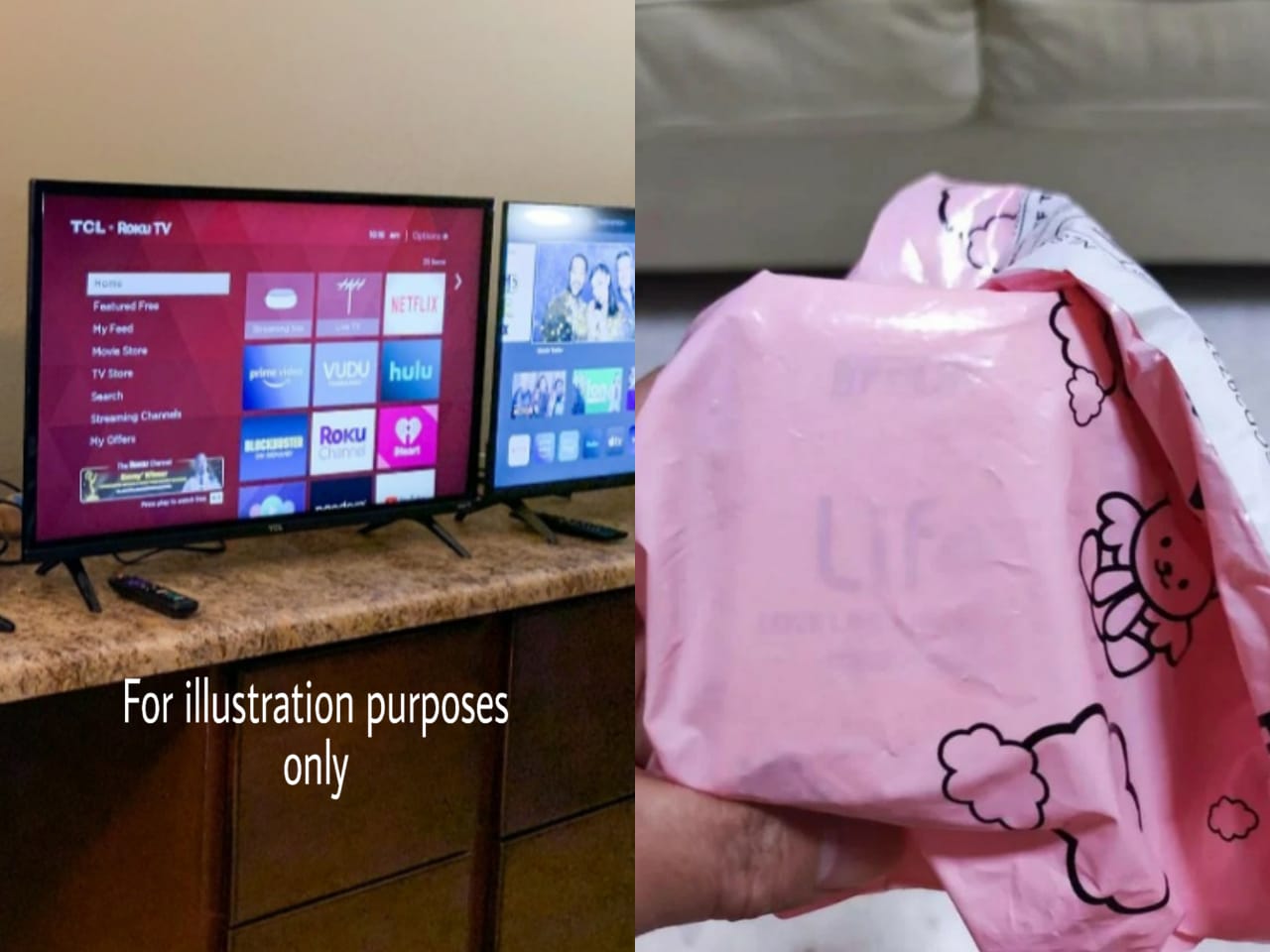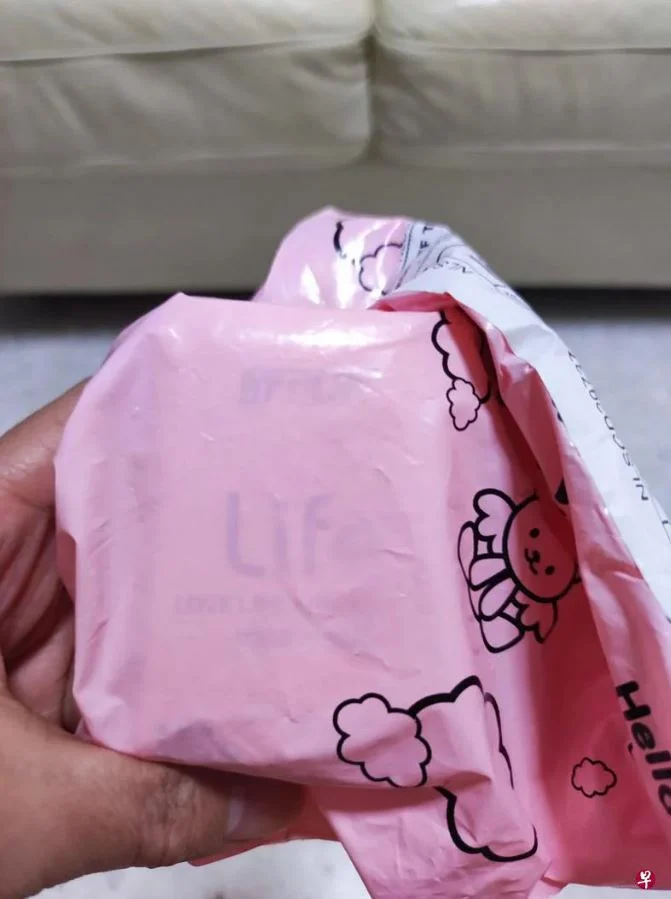Singaporean Man Purchases 32-inch TV Worth RM624.45 Online But Receives Tissues Instead
 Thirsty for JUICE content? Quench your cravings on our Instagram, TikTok and WhatsApp
Thirsty for JUICE content? Quench your cravings on our Instagram, TikTok and WhatsApp

As convenient and time-killing as it is, online shopping isn’t without its risks. A Singaporean man learned this the hard way when he used an e-commerce app for the very first time to purchase a TV, but received a packet of tissues instead.
The man, who is referred to as Shen, told Shin Min Daily News that the television was priced at S$138 (RM624.45), and he chose to buy it as his existing TV was not working.

Four days after completing the transaction, he was notified that his order had been delivered.He did not, however, find a TV when he got home, but rather a pink parcel filled to the brim with tissue paper that apparently weighed less than 400g… and was definitely not worth RM600.
Shen claimed that the dealer had allegedly advertised the 32-inch TV with the official Xiaomi logo, the same model as his prior television. He then discovered that the listing’s name online was spelled as “xiao-miss,” much to his chagrin.
Shen promptly phoned customer support after discovering he had been misled, to obtain a refund, but was informed that there were several processes involved.

“They informed me that before they can evaluate whether a refund is feasible and handle it, the seller must first consent to accepting the item. It takes three to five working days to complete each phase. (I was told that) the return process might take up to two months,” he noted.
He soon learned that the merchant had vanished. Subsequently, when he went to the police, they reportedly advised him to hold off until the site confirmed the reimbursement and that he could only file a police report in the event that the compensation never transpired.
Fortunately, the company contacted Shen and gave him a refund on November 14. He also expressed to Shin Min his desire for his experience to serve as a warning to others to be more cautious while purchasing online, and to potentially spur the e-commerce site to tighten its control over merchants.


 Get Audio+
Get Audio+ Hot FM
Hot FM Kool 101
Kool 101 Eight FM
Eight FM Fly FM
Fly FM Molek FM
Molek FM

